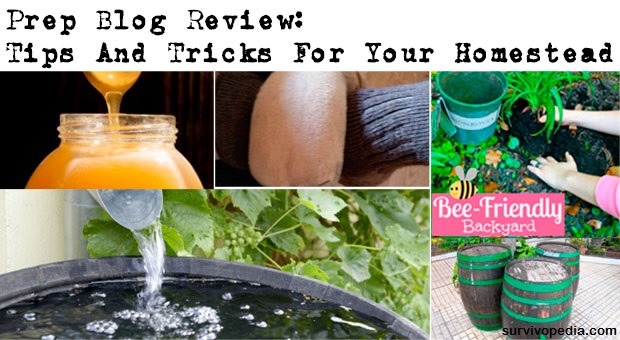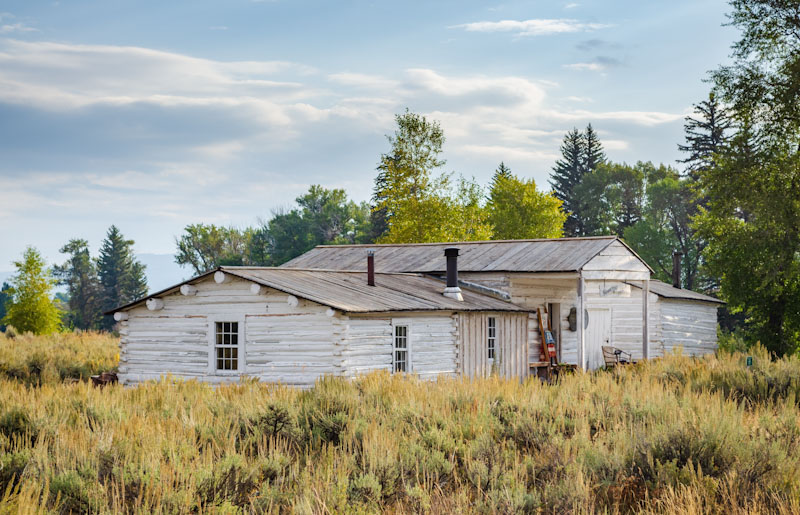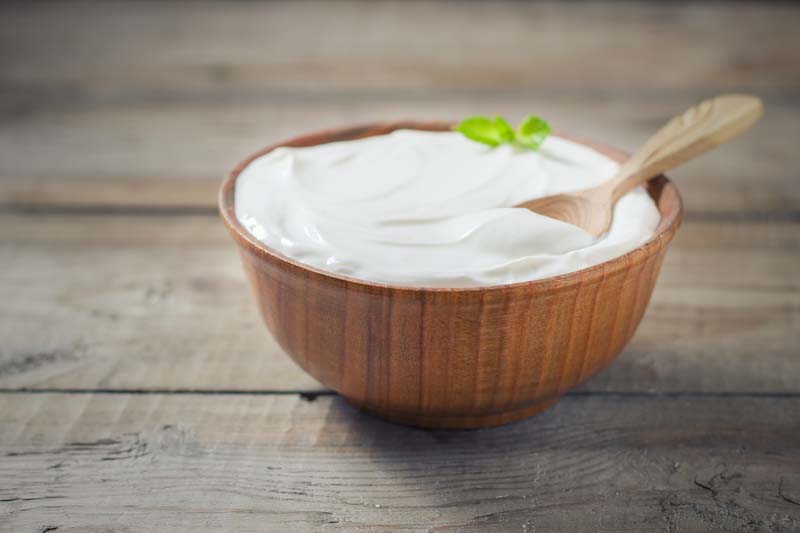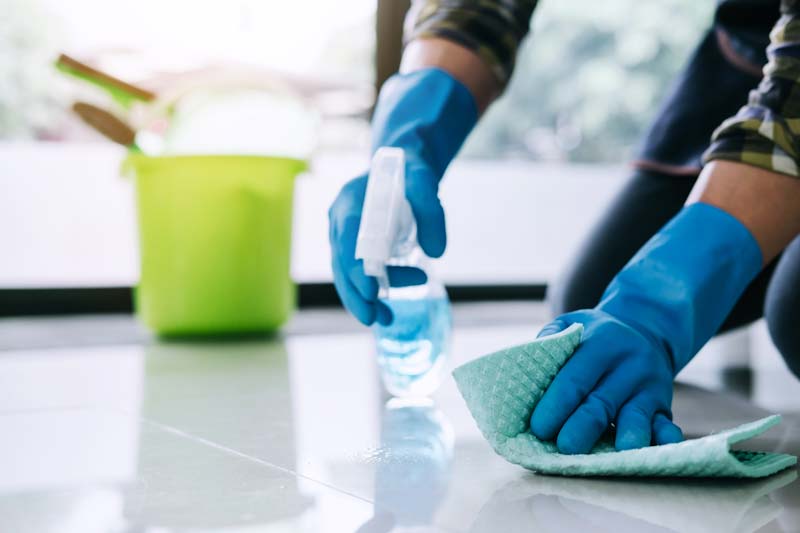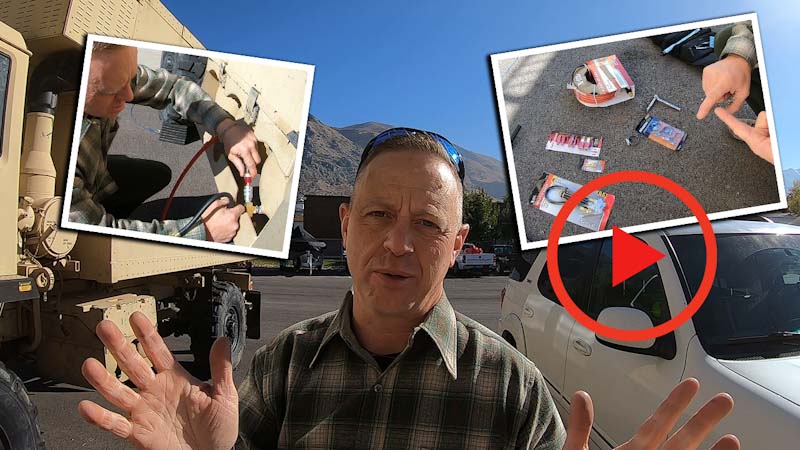It doesn’t take much of a weather change for us preppers and homesteaders to start working on our garden. So ever since the spring has shown its first signs we’ve been busy prepping our garden and ourselves for the coming months.
That’s why this week we’ve gathered some articles to that will help you with your homestead work. Let us know what have you started working on this spring in the comments section below.
1. Planning and Building a Bee-Friendly Backyard
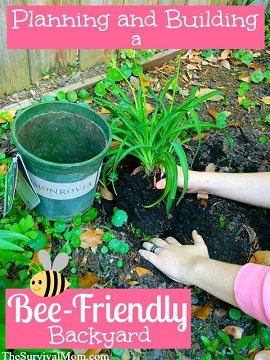
Last year we decided to develop a close, personal relationship with bees by adding beehives to our busy backyard. Already we have an owl habitat and both herbs and vegetables growing alongside pines, oaks, and crepe myrtle trees. It’s an odd assortment, to be sure, but we figured that bees would fit right in.”
Read more on The Survival Mom.
2. 20 Ways to Use Honey for Wellness and Survival
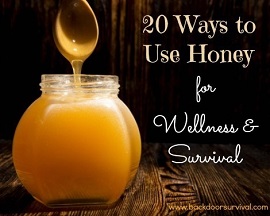
In this article you will learn all about honey, the various types, its use to promote health and wellness, and other ways to use honey that you may not have thought of. But first, a little background about honey and its various forms and types.”
Read more on Backdoor Survival.
3. 8 Key Elements to Successful Urban Homesteading
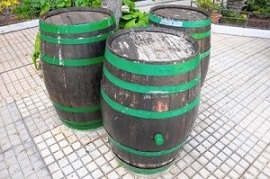
Even if you do not have much space, anyone can become an urban homesteader with the proper practices and techniques. Whether you have 1/10 of an acre, or a square mile of property, these practices will help you sustain and support your family in ways you hadn’t dreamed possible.”
Read more on US Preppers.
4. How to Make a Rice Filled Heating Pad
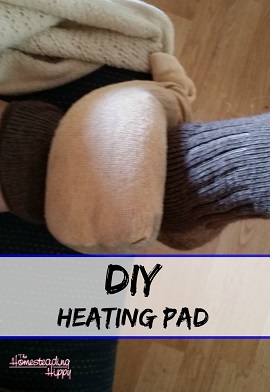
It was painful, as you can imagine. After the initial time of rest, ice, compression and elevation (AKA RICE), we knew we needed to alternate heat to help soothe the joints and keep them from getting too tight. A regular heating pad was fine, except that the cord didn’t reach where he wanted to sit, and adding in an extension cord meant everyone tripped over it. So, I made my own heating pad.
This is really easy to make, and only takes a few minutes to do.
You’ll want to find a clean sock that doesn’t have a mate. These are easily found in my house. You want to make sure that there are no large holes in the sock for the filling to fall out. You also don’t want a sock that is completely worn out and difficult to tie.”
Read more on The Homesteading Hippy.
5. Water Procurement: Setting Up a Low-Budget Water Catchment System and Why It Will Save Your Life
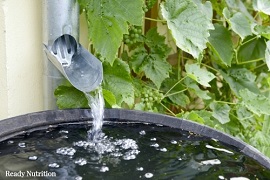
Read more on Ready Nutrition.
This article has been written by Brenda E. Walsh for Survivopedia.


